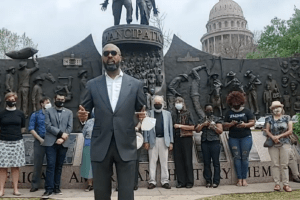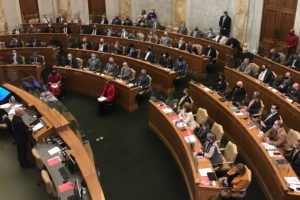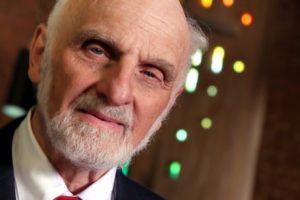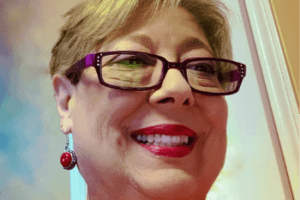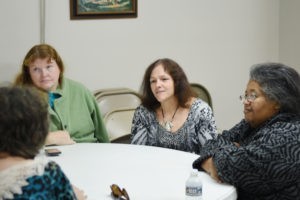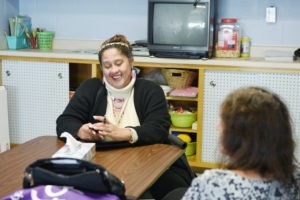Some Texas legislators want to outdo Georgia and Arkansas with a combination of bills restricting transgender teens and voting access for poor and minority citizens. The Texas bills — four concerning transgender health care, six concerning transgender athletes and two…
Arkansas allows medical providers to deny service based on a provider’s own ethics or religious beliefs
Personal conscience now outranks the responsibility to provide medical care to all people equally in Arkansas, according to a bill passed by the state Legislature and signed into law by Gov. Asa Hutchinson March 26. Senate Bill 289, also known…
Seven recommendations this hospital chaplain wishes patients and loved ones knew before a hospital admission
As a hospital chaplain, I’ve walked with many patients and families through the illness and even death associated with COVID-19. Because of the pandemic, every hospital admission is different today than it was a year ago. Out of this experience,…
The first thing you think when you get COVID-19
Here’s the first thing you think when you get COVID-19: “I wish I could turn back time.” If only I hadn’t gone … or stayed … or passed by … or did whatever it was that caused me to catch…
When you go to the polls, remember me
If you haven’t voted yet, this column is for you. With the election less than two weeks away, I want to share with you the story of my family. I was raised in the heart of evangelical Christianity in Colorado…
Q&A with Walter Brueggemann: faith in a time of COVID-19
“Right now, too many churches have flown off into spiritualizing generalizations that are unhelpful to everyone.”
I’m awaiting a kidney transplant. I care about our nation’s health care crisis. But churches should too
Like the majority of American Christians, for most of my adult life I had only a passing interest in this country’s health care crisis. Now, as I await a kidney transplant, personal experience has led me to care deeply about this issue. But I believe faith communities should care too.
Terrified yet courageous in the face of violence, Mountain Moms survive together
I was undoubtedly one of the only men ever to visit Mountain Moms, a group formed precisely to heal the wounds that men have inflicted on their wives, their girlfriends, their mothers, even. What reason did they have to trust me with their stories?
Living in poverty is hard work
Too often people in the United States see individuals like Glynda Jackson and Tamara Daffron and completely misjudge them. They associate low income or receiving eligible benefits with laziness as if living in poverty was a choice. “I don’t know anyone who would choose to live in poverty.”

